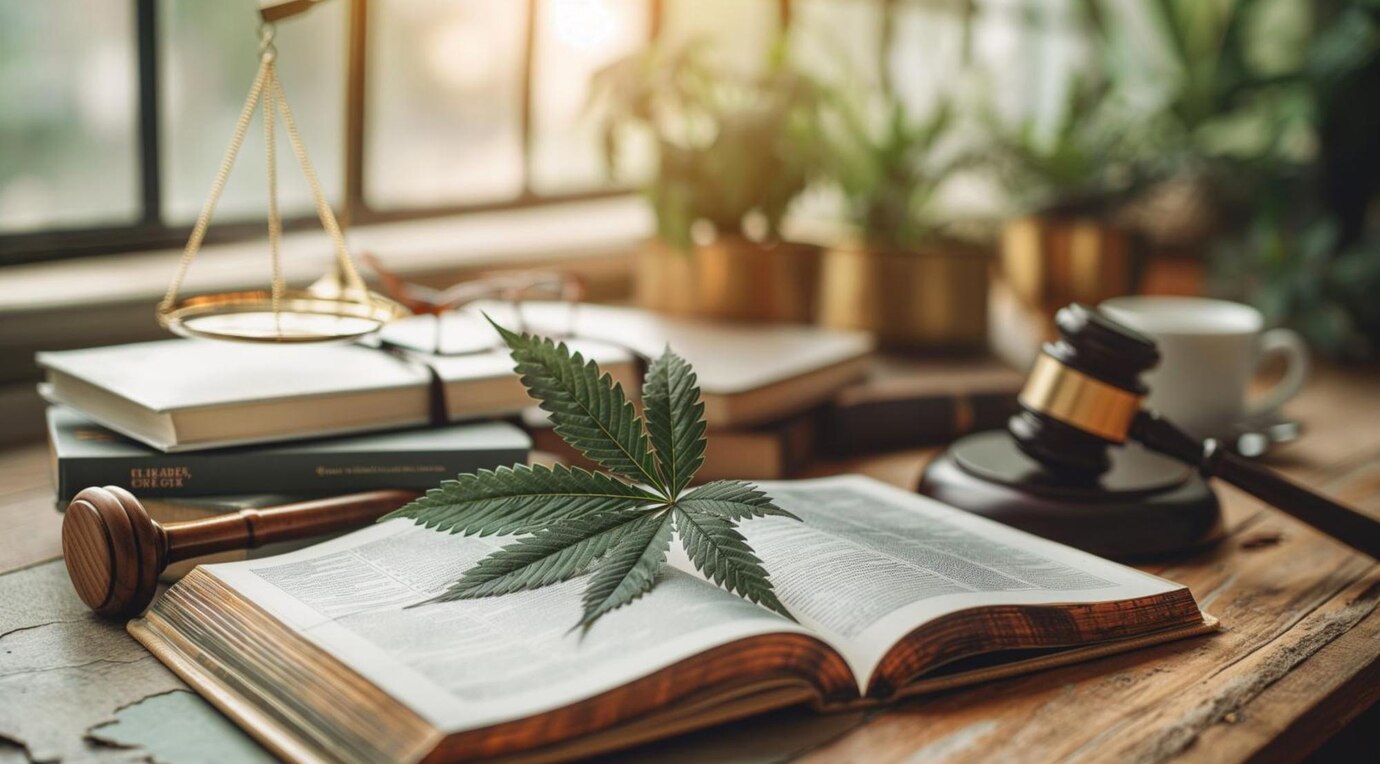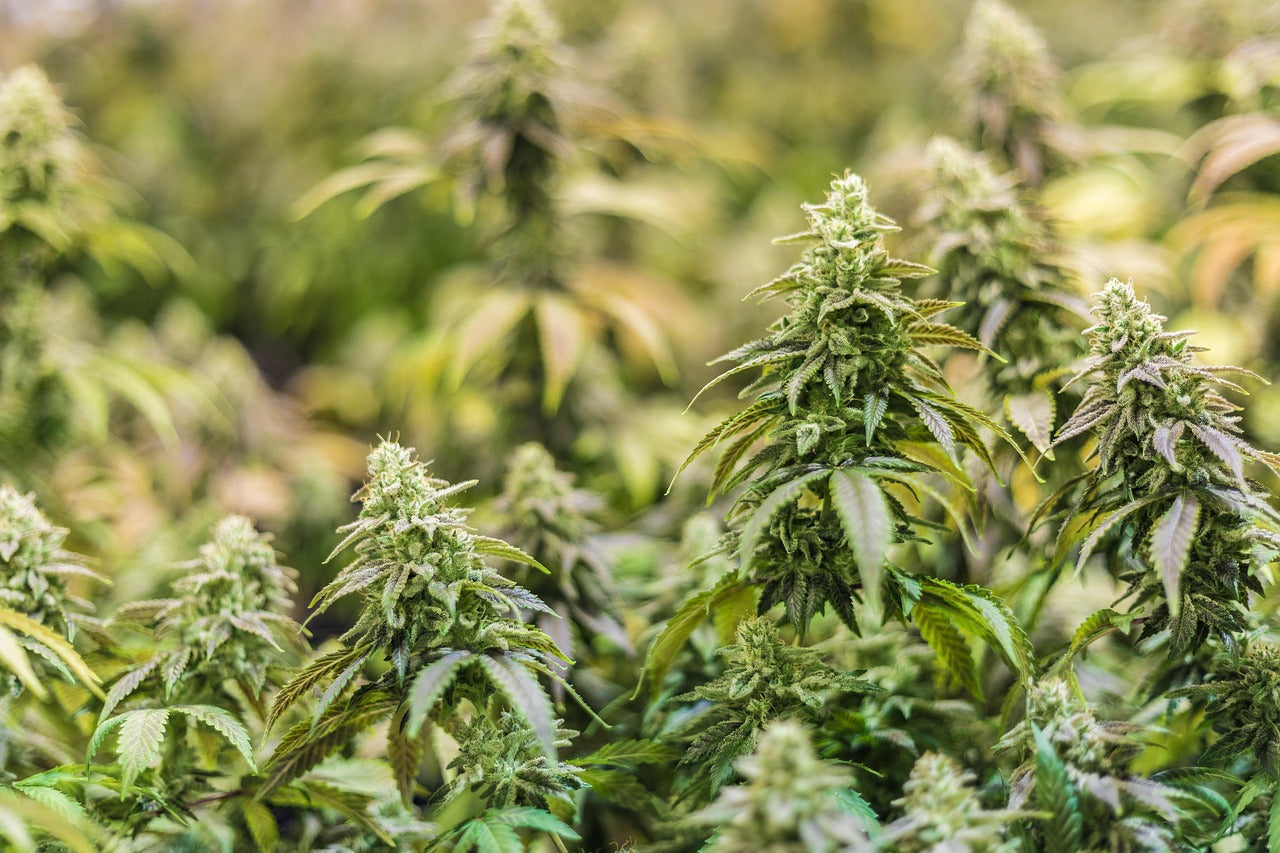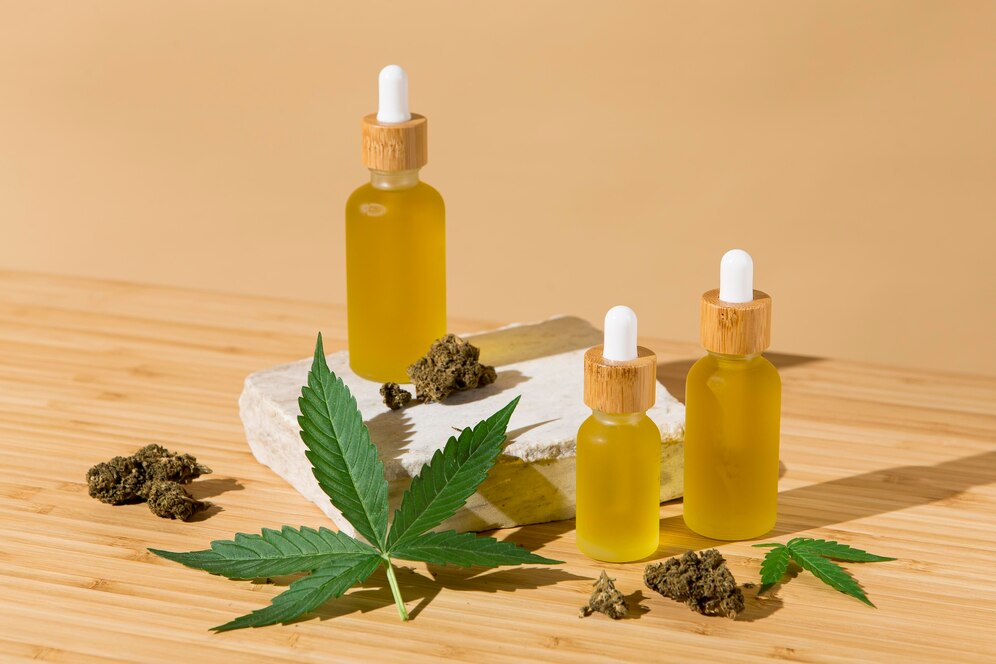
CBD vs. THC: What’s the difference and which one is legal in the UK?
As interest in cannabis-based products continues to rise, understanding the differences between CBD vs THC UK becomes increasingly important. While both compounds are derived from the cannabis plant, they have distinct effects and legal statuses, especially in the UK. In this guide, we will answer common questions about CBD and THC, explore their legal standing, and help you navigate the world of cannabis products.
What are CBD and THC?
CBD (cannabidiol) and THC (tetrahydrocannabinol) are two of the most well-known cannabinoids found in the cannabis plant. Despite their shared origin, they have different effects on the body:
-
CBD: Known for its potential therapeutic benefits, CBD is non-psychoactive, meaning it doesn’t produce a “high.” It is often used for anxiety, pain relief, inflammation, and sleep support.
-
THC: THC is the primary psychoactive compound in cannabis. It binds to receptors in the brain, producing the “high” associated with recreational marijuana use.
How do CBD and THC work in the body?
Both CBD and THC interact with the body’s endocannabinoid system (ECS), a network of receptors that help regulate various physiological processes. However, they interact in different ways:
-
THC binds directly to CB1 receptors in the brain, leading to mood alterations and other psychoactive effects.
-
CBD has an indirect effect on the ECS and may even counteract some of THC’s psychoactive properties.
What Is the legal status of CBD vs THC in the UK?
When it comes to UK cannabis laws, the legal landscape is quite clear:
-
Legal CBD UK: CBD is legal in the UK as long as it meets specific conditions:
-
It must be derived from an approved strain of hemp.
-
The product must contain no more than 1mg of THC per product, regardless of container size.
-
The CBD product must be marketed as a food supplement and not as a medicinal product unless it is licensed as a medicine.
-
THC: THC is classified as a controlled substance under the Misuse of Drugs Act 1971, making it illegal in the UK unless specifically prescribed by a medical professional.
What is THC-Free CBD Oil?
THC-free CBD oil is a popular choice for those who want to avoid any trace of THC in their CBD products. It is often labeled as “CBD isolate” or “broad-spectrum CBD.” Here’s how they differ:
-
CBD Isolate: Pure CBD with all other cannabinoids and plant compounds removed. It contains zero THC.
-
Broad-Spectrum CBD: Contains multiple cannabinoids and beneficial plant compounds but is processed to remove all THC.
THC-free options are ideal for individuals who are sensitive to THC, undergo drug testing, or simply prefer a product without psychoactive compounds.
What Is Full-Spectrum vs. Isolate CBD?
The choice between full-spectrum vs isolate CBD depends on your preferences and desired effects:
-
Full-Spectrum CBD: Contains all naturally occurring cannabinoids, including trace amounts of THC (within legal limits). Many users believe full-spectrum CBD offers the “entourage effect,” where the combined cannabinoids enhance the product’s effectiveness.
-
CBD Isolate: Contains only pure CBD. It’s ideal for those who want to avoid THC entirely or prefer a more targeted approach.
Are there any benefits of combining CBD and THC?
In countries where THC is legal, some users choose products that combine CBD and THC. These combinations may offer enhanced therapeutic benefits for certain conditions. However, due to UK cannabis laws, such products are not legally available unless prescribed.
Is CBD Safe to Use?
CBD is generally considered safe for most people. Common side effects may include dry mouth, fatigue, and changes in appetite. It’s essential to choose high-quality, third-party tested products to ensure safety and effectiveness.
How to choose legal CBD Products in the UK ?
When shopping for Legal CBD UK products, keep the following tips in mind:
-
Check the THC Content: Ensure the product contains no more than 1mg of THC per product.
-
Look for Lab Testing: Choose products that have been independently tested to confirm cannabinoid content and purity.
-
Verify the Source: Ensure the CBD is derived from approved hemp strains.
-
Read the Label: Avoid products making unfounded health claims.
Can CBD Products cause a positive drug test?
While pure THC-free CBD oil should not cause a positive drug test, trace amounts of THC in full-spectrum products may accumulate and result in a positive result. If drug testing is a concern, opt for CBD isolate or broad-spectrum CBD.
Is medicinal cannabis legal in the UK?
Medicinal cannabis containing THC is legal in the UK but only under specific conditions. It must be prescribed by a specialist for conditions such as epilepsy, multiple sclerosis, or chemotherapy-induced nausea. Recreational use of THC remains illegal.
Can you travel with CBD in the UK?
Traveling with legal CBD products within the UK is allowed as long as they meet the legal requirements. However, traveling internationally with CBD can be complicated due to varying cannabis laws in different countries.
Common misconceptions about CBD and THC
-
CBD Will Get You High: False. CBD is non-psychoactive and does not produce a “high.”
-
All CBD Products Are Legal: Not necessarily. Only products meeting UK legal standards are permitted.
-
Full-Spectrum CBD Is Illegal: Not true. Full-spectrum CBD is legal if it contains no more than 1mg of THC per product.
What is the difference between hemp and cannabis?
Hemp and cannabis are both varieties of the Cannabis sativa plant. Hemp contains very low levels of THC (less than 0.3%), making it ideal for CBD extraction, while cannabis varieties used for recreational or medicinal purposes have higher THC content.
How long does CBD stay in your system?
CBD can stay in your system for 2 to 5 days, although this varies depending on factors like dosage, frequency of use, and individual metabolism.
Can you drive after taking CBD?
Yes, you can drive after taking CBD as long as it does not impair your ability. Ensure that the product is THC-free or contains only trace amounts within legal limits to avoid any psychoactive effects.
What are the potential health benefits of CBD?
CBD is often used for its potential benefits, including anxiety relief, improved sleep, pain management, and anti-inflammatory effects. More research is ongoing to fully understand its therapeutic potential.
Does CBD interact with medications?
Yes, CBD may interact with certain medications, especially those metabolized by the liver’s cytochrome P450 enzyme system. Consult with a healthcare provider before using CBD if you are on prescription medications.
Understanding the differences between CBD vs THC UK is crucial for making informed decisions about cannabis-based products. While THC-free CBD oil and other legal CBD products are widely available in the UK, THC remains tightly regulated. Always check the product label and choose reputable brands to ensure compliance with UK cannabis laws. Whether you prefer full-spectrum vs isolate CBD, there is a wide range of options to suit your needs.
By staying informed and choosing the right product, you can enjoy the potential benefits of CBD without running afoul of the law.


